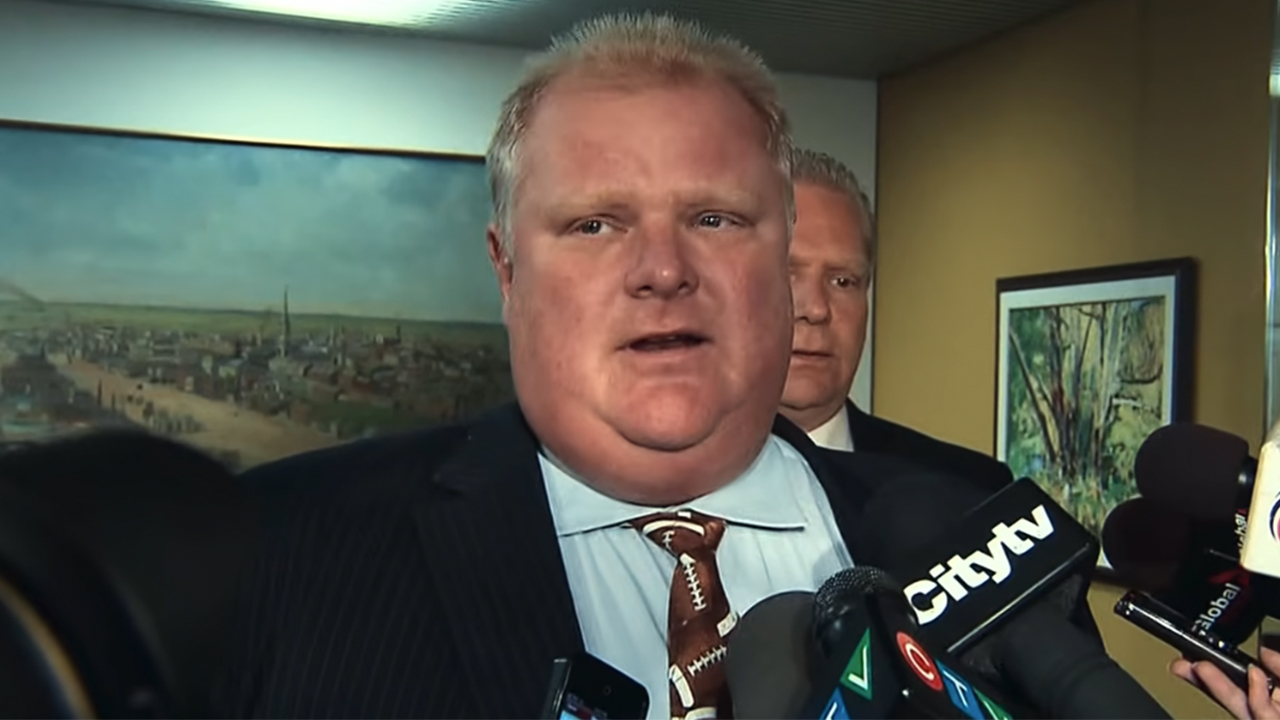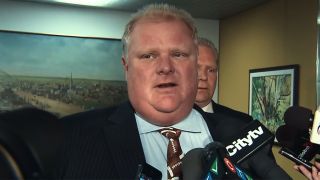The Trainwreck documentaries on Netflix are quickly becoming my favorite thing to look forward to on the 2025 TV schedule. The latest, Trainwreck: Mayor of Mayhem, tells the wild tale of former Toronto mayor Rob Ford. If I’m honest, I remember the whole story pretty well. I was fascinated by it, and I didn’t learn any new facts from the film. I did, however, change my view on the late Ford and why his legacy deserves more of my sympathy.

His Arrogance And Bluster Turned Me Off, Not His Personal Problems
To be clear, I was never offended by Rob Ford’s personal problems. His addictions and all that went with them weren’t why I was turned off by the guy. He wasn’t my mayor, so it was easy to embrace the circus and root for the wildest things to happen. Had he been the mayor of my own city, I might have felt different in 2012 when all the news broke. He wasn’t, though, so I could sit back and be entertained by the carnival, despite all the awful things he did.
What I really didn’t like about Ford at the time, was that he was so damn arrogant about his personal problems. His bluster, which appealed to a lot of voters, didn’t appeal to me. I thought it was, for lack of a better word, gross. He blamed everyone else for his own issues, and it took him a long time to finally admit that his problems, both personal and political, were all his own making. By the time he owned up to them and took responsibility, his political life, and soon his actual life, were over. That’s where I began to sympathize while watching the documentary.
Netflix documentary presents a very different Ford. He is a man who has been completely humbled by his awful disease. That is where things changed for me. I went from seeing him as a clownish carnival barker to seeing him as a real person.
One of Ford’s friends, Tom Beyer, who is interviewed in Trainwreck: Mayor of Mayhem, talks about how the former mayor never had a chance for a second act. I’m someone who believes in forgiveness and second chances, and I really sympathized with the cancer-ridden Ford, who, at least in that final interview, bald and weakened from chemo, seemed like a genuinely changed person. I am sad he didn’t get that second chance.
It’s impossible to know if he was truly changed or what he could have done with a second act; another chance to connect to people like he did his whole career, but without the weight of his addictions pulling him back from his better angels. I might not have agreed with his politics, but I did really start to understand why people loved him so much despite his inner demons.
In some of the other Trainwreck documentaries, all of which you can watch with a Netflix subscription, there is a clear villain, but in this one, there is only tragedy.

